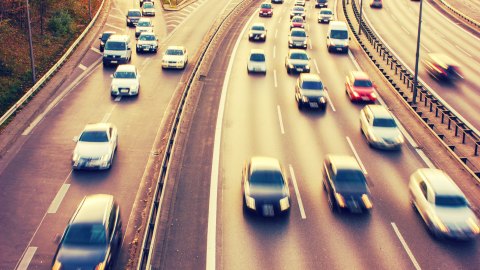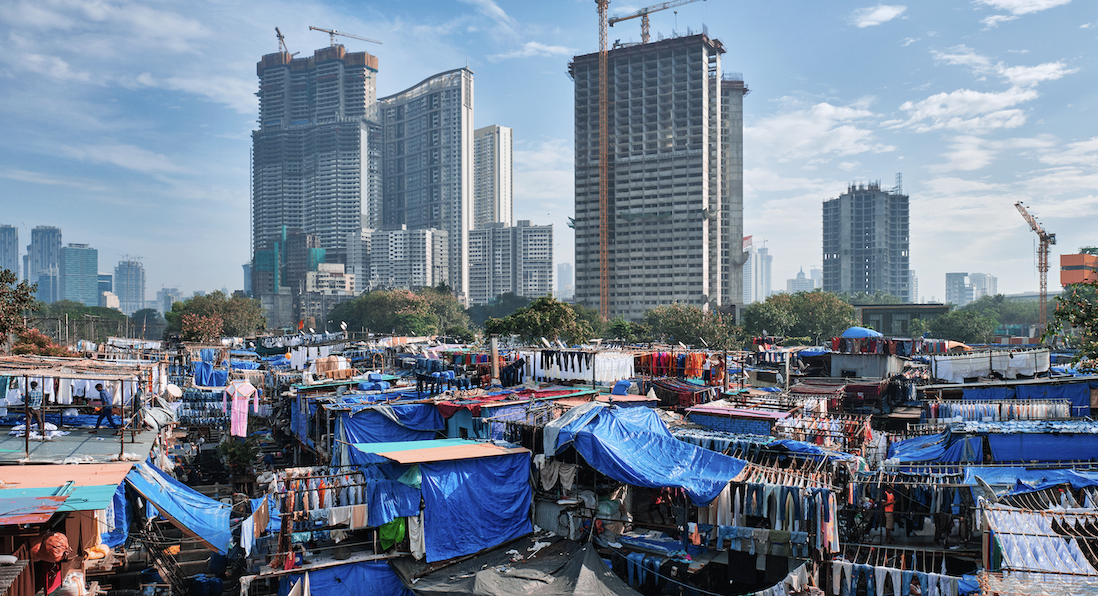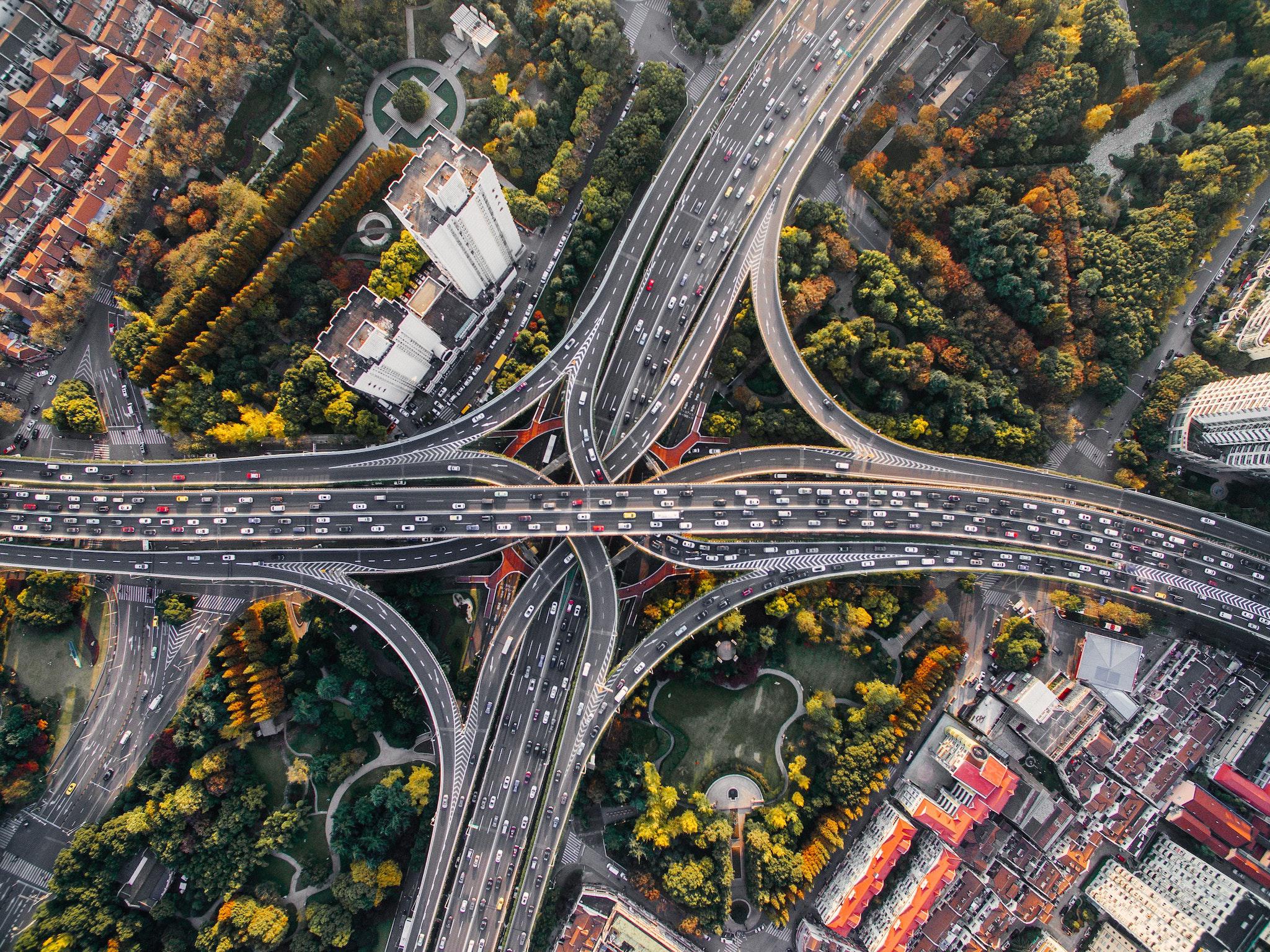Peer Pressure Is a Brilliant Tool for Making Sustainable Choices

A recent study reveals how we can use peer pressure for good. Christine Kormos took the lead on a research paper where her team found that when framing the benefits of sustainable commuting as a social norm, people tended to make more of an effort.
For example: Eric Jaffe from CityLab writes that psychologists found in a separate experiment that hotel guests would sometimes reuse their towels when they were told it helps the environment. But telling them that most of the other guests reuse their towels increased the likelihood they would do so. Psychologists found the same approach works with recycling and energy use.
Kormos and her team note that when they introduced a social norm into the argument for why we should carpool, it “[encourages] commuters to consciously evaluate their travel mode choices and to subsequently establish new, more sustainable, habits.”
The research behind their study included 78 people with an average age of 31. They all commuted regularly to a college campus or nearby city. Researchers asked them to keep a journal for a week, recording their commuting habits, such as total time and mode of transport taken for the journey. The participants were then given a pamphlet about more sustainable transportation options and asked if they could reduce their driving trips by 25 percent in the coming three weeks. However, unknown to the 78 participants, how they were asked to reduce their habits was framed in one of three ways.
One group acted as a control and was given a list of alternative modes of transport, and nothing more. Another group was given a “low” peer-pressure message saying that only 4 percent of people had given up on commuting alone. The last group received a much bigger nudge, told that one in four commuters had switched from solo travel to a more sustainable, group method. Kormos and her team found that the high-pressure group was most successful in reducing their daily drive.
This has led the researchers to conclude in their paper:
“Car-use message campaigns can reduce private-vehicle use by highlighting descriptive norms about others’ sustainable transportation efforts, but these messages appear to be most effective for commuting behavior.”
Another solution to creating efficient city traveling involves crowdsourcing and an Internet of Things deployed in urban areas. Michael Schrage, a research fellow at the Center for Digital Business at MIT Sloan School of Management, explains that publishing raw data would enable people to run simulations and create fresh proposals. Science, he says, should be a kibbutz!





